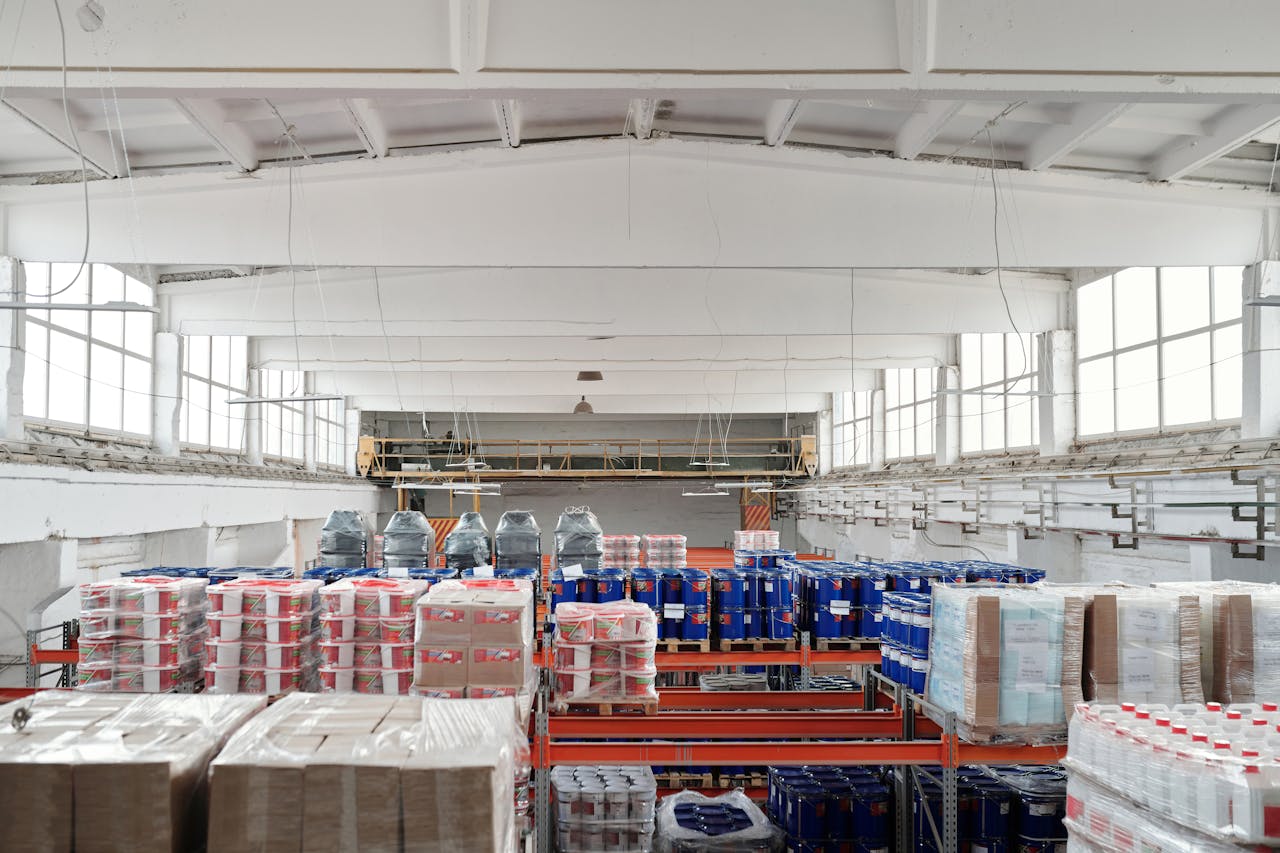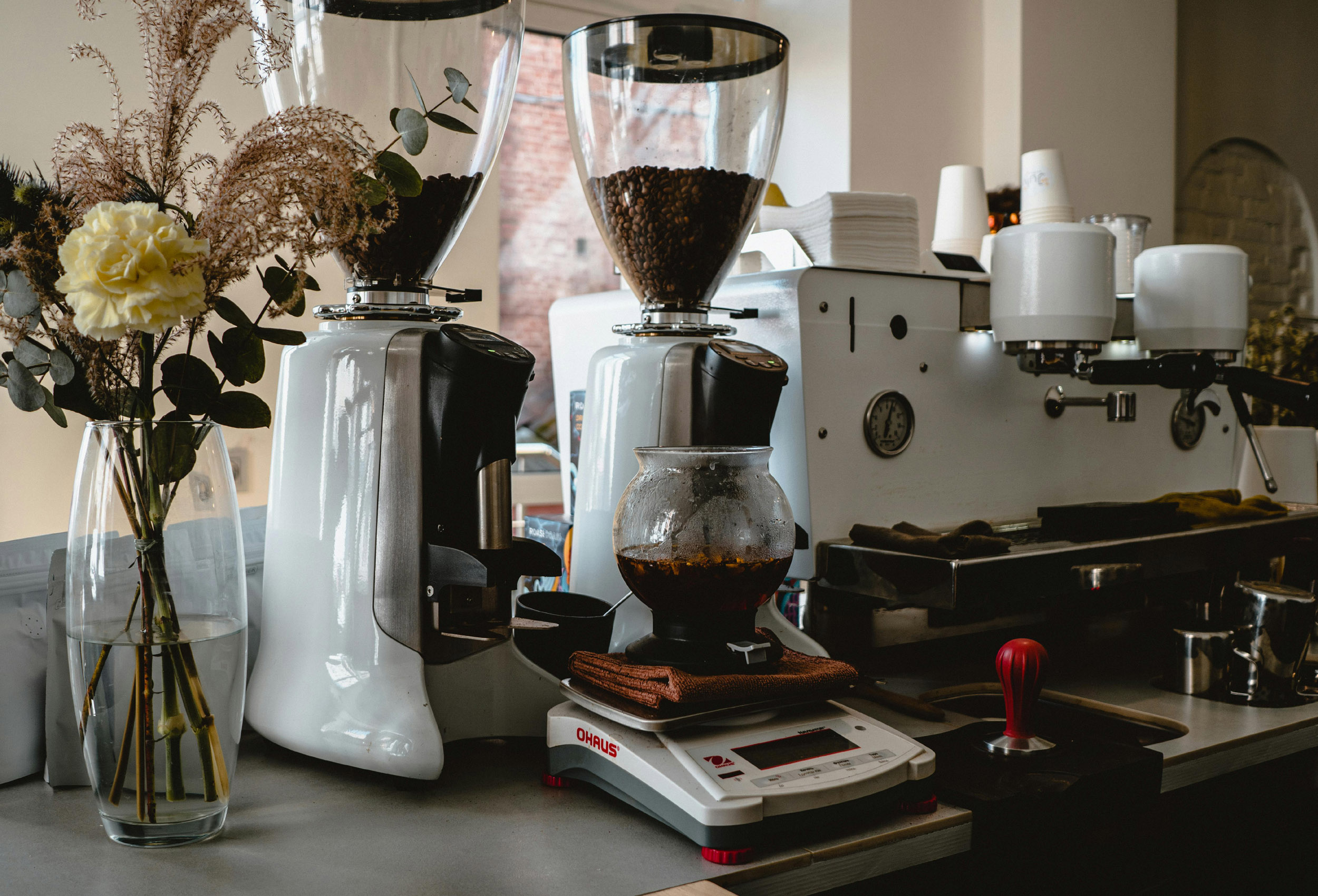
Animal rearing is one of the most fulfilling jobs/hobbies anyone can engage in. The satisfaction of seeing the herd grow by the day is simply refreshing. Keeping livestock, however, has its challenges, especially with pests and predators. Left unguarded, your rabbits, chicken, pigs, or even cattle can quickly become dinner for wild animals. This is one of the reasons why you need to take all the necessary measures to keep your livestock safe. Here are a few tips on how.
Consider Bringing A Guarding Animal
Llamas, dogs, and donkeys are some of the best guardian animals you can have, especially for keeping your livestock and other animals safe. Getting a guardian dog, for example, will help keep the animals safe and give you peace of mind. You however might need to identify and choose just the right guardian animal for your herd. Roosters, for example, indirectly protect the chicken from predators by alerting them whenever one is close by. A barn cat can also help keep rodents away, protecting your layers and eggs from the same. A bit of research will thus be needed to determine the best guardian for your animals.
You might also want to introduce these guardian animals to grow together with the herd at a tender age. Livestock guard dogs are especially helpful in keeping most predators and thieves away. Dogs may, however, follow the sleeping and working schedules of the main house. Donkeys and Llamas, on the other hand, stay alert at all times and have strong senses as well. They are also quite aggressive, especially to intruders and anything they haven’t seen before. This is one of the reasons most farmers prefer keeping a couple of donkeys in their herds. You also shouldn’t keep donkeys and dogs in the same yard. Donkeys have a particulate distaste for dogs, a reason they are effective in keeping wolves and coyotes.
Introduce A Buddy System
Do you have different types of animals on your farm? Consider grazing them together where possible. This is particularly recommended if you have larger animals such as cows and smaller ones (cows and goats). These animals love grazing together and often stand their ground to defend/protect themselves from predators. Grazing together can also act as a deterrence for predators that target smaller animals or moving targets.
Invest In A Solid Fencing Solution
Even with guardian animals in place, predators will always find a way to snatch your animals. Coyotes, for example, are quite agile and can squeeze in the tightest of spots and gaps in your fence, while birds of prey can attack from above. That said, you want a solid and robust fencing solution to keep these predators at bay. A mesh wire fencing is considerably one of the best solutions you can go for, compared to multi-strand electric fencing. Live fences also come in handy in preventing soil erosion and act as wind breakers as well. You can also keep birds of prey at bay by using web fishing lines and even reflectors (think old CDs) over the coop. Motion-activated alarms and lights at the edge of the property will also help scare ground predators away. You could also invest in perimeter high security fencing this can also stop thief from breaking in.
Rethink Your Farming Practices
Strategic farming plans and practices have also proven to be effective in keeping your animals safe. The smell of pigs, for example, can help keep smaller predators at bay. That said, you’d want to move pig pens to the edge of the property. You can also protect your herd by switching up grazing/feeding times. Predators thrive by learning their prey’s routine; hence will always be on high alert at specific times. Switching up grazing times randomly can help throw the predators off balance, forcing them off. Timing livestock births to ensure it doesn’t coincide with that of predators can help too.



